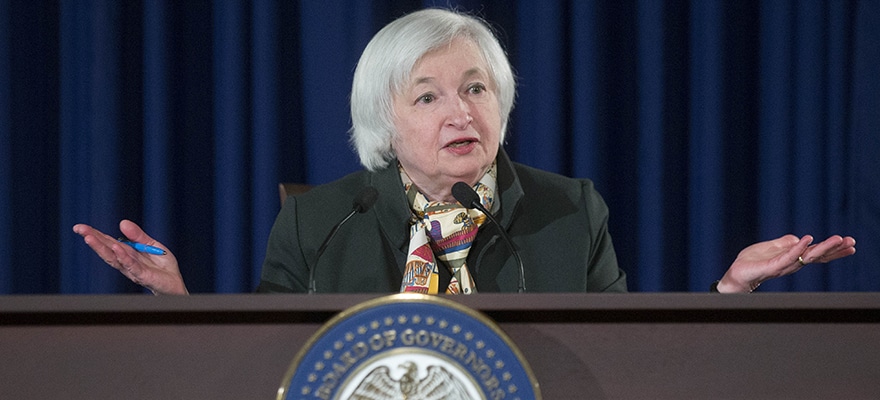The Monetary Authority of Singapore (MAS), the city-state’s financial regulator and central bank, today announced a process of consultation regarding regulations that would mandate the central clearing of over-the-counter (OTC) derivatives through regulated clearing facilities.
Background
The consultation process is a continuation of broader efforts by the regulator to strengthen their oversight of OTC markets in the wake of the financial crisis. The efforts align with those of other G20 nations, which have agreed to a series of measures to increase the transparency of OTC derivatives markets and to reduce systemic risk.
Central clearing is a key component of such broader reforms. Indeed, back in November 2012, new legislation gave MAS a raft of powers, including: to mandare central clearing of OTC derivatives contracts; to mandate reporting of OTC derivatives contracts; to license derivatives market operators, clearing facilities and trade repositories; and to license market intermediaries for OTC derivatives.
The First Step
The most recent consultation paper focuses on the first asset class to face clearing requirements; interest rate derivative contracts, of which interest rate Swaps (IRS) represent the lion’s share. Two reasons make IRS a good place to start. Firstly, they represent the most widely traded asset class, about 50% of all derivatives booked in Singapore. Secondly, they are highly standardised contracts and thus pose little operational complexity.
MAS has indicated that Singapore-dollar and US-dollar IRS will be the first down the path of mandatory central clearing, as they are the most widely traded interest rate derivatives in Singapore. In a press release, MAS outlined further considerations: “for a start, the mandate will only apply to banks that book in excess of $20 billion worth of derivatives contracts, on a gross notional outstanding basis. Such entities will have a choice to clear through domestic or foreign Central Counterparties (CCPs), as long as they are regulated by MAS.”
Central Clearing
Central clearing is seen as a key activity to reduce systemic risk. It seeks to mitigate the risk posed by a possible default by any given party. This legal counterparty risk is assumed and managed by a CCP; a Clearing House . By intermediating between traders, CPPs take on the credit risk across a network of bilateral counterparty exposures, transferring it from the market participant to a regulated and well-capitalised CCP.
“Going forward, MAS expects to approve or recognise more CCPs as [approved or recognised clearing houses] that are also able to clear IRS, before commencement of the clearing obligations".


















